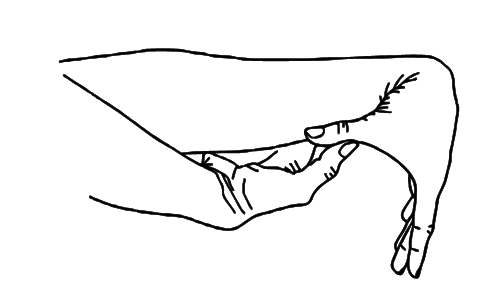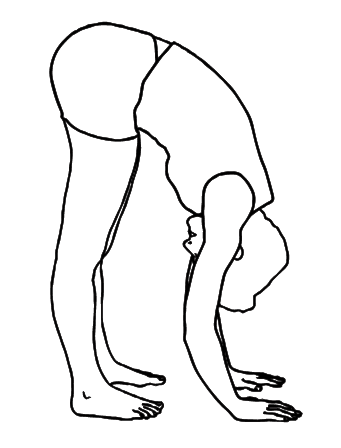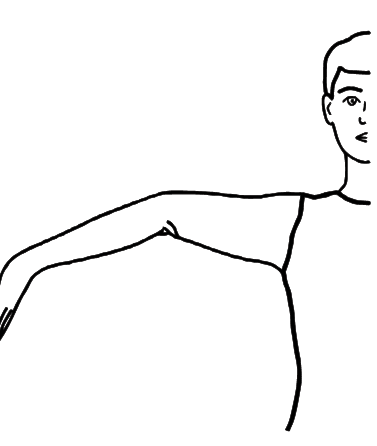 If you are hypermobile, you may be “double-jointed” or very flexible. Are you someone able to perform splits easily, put your feet behind your head, or flatten your hands to the floor without bending your knees? If you are an older adult, maybe you were able to perform these movements easily when you were a kid?
If you are hypermobile, you may be “double-jointed” or very flexible. Are you someone able to perform splits easily, put your feet behind your head, or flatten your hands to the floor without bending your knees? If you are an older adult, maybe you were able to perform these movements easily when you were a kid?
The word hypermobility translates to having more than average mobility of connective tissue. This means the ligaments surrounding your joints are loose. Sometimes this is called “ligamentous laxity”. There are genetic syndromes which involve hypermobility of connective tissue, like Marfan and Ehlers-Danlos. These conditions can result in more severe symptoms, and should be ruled out. Typically, generalized hypermobility does not involve medical complications or pain. However, hypermobility is linked to a wide variety of symptoms. People who are hypermobile may experience worse than normal fatigue, widespread and persistent unexplained pain, increased risk for injury, and longer healing after surgery or trauma.
“I thought flexibility was a good thing?”
Mobility is a spectrum, and both ends bring challenges. Flexibility must be balanced by stability (and vice versa) to achieve optimal movement. People who are less flexible are too stable in their joints and may have difficulty performing certain movements. For people who are naturally very flexible or hypermobile, their joints may be too unstable. Therefore, muscles have to work harder to provide stability.
“I was really flexible as a kid, but now as an adult, my body feels so tight?”
If the brain perceives a joint to be unstable because it is moving too far into a range of motion, it sends a message to the muscles to turn on or contract. Therefore, in a person with hypermobile joints, muscles may be working overtime to stabilize the joints even during daily tasks. While this is inherently a protective mechanism, it can cause increased overall tension of muscles, often perceived as tightness.
Like an overly stretched rubber-band, these muscles do not need to be stretched. Stretching is not recommended for people who are considered hypermobile. A stretch may feel good in the moment, but prolonged and frequent stretching can lead to even more tightness and tension over time.
Instead, physical therapists recommend relaxation of muscle tension in safe positions. Postural Restoration provides techniques aimed at “inhibiting” specific muscles to allow for greater stability.
“How do I know if I’m hypermobile and what do I do about it?”
Your physical therapist will perform an evaluation of specific joint range of motion and assess your muscle tone at rest. A therapist trained in Postural Restoration is an expert on body mechanics and muscular patterns of tension. They will provide you with specific exercises to help “turn off” muscles that are tense, and “turn on” muscles to provide greater joint stability.
Feel free to reach out to us through our contact page if you would like more information. To set up an appointment to meet with a PRI trained therapist, give us a call at: 919 932-7266.





